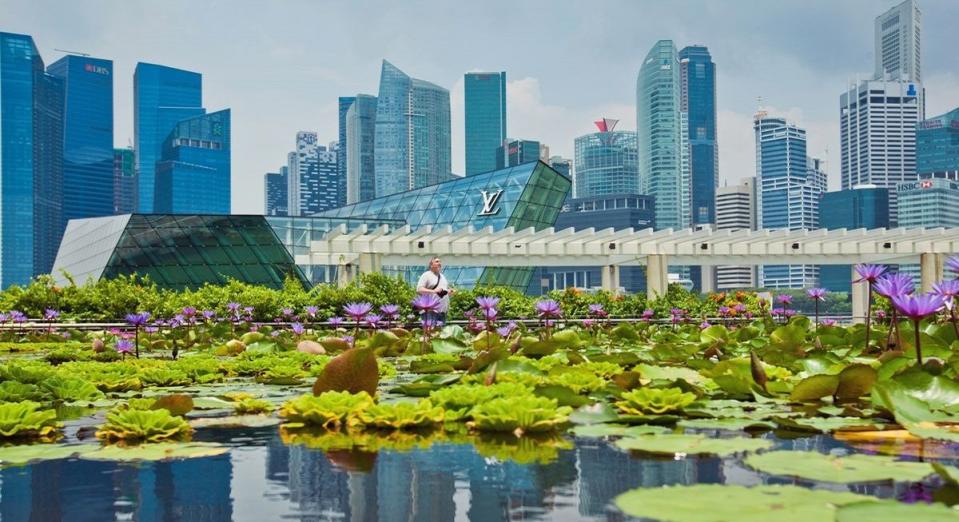Singapore's GDP up by 4.8% in 2Q2022: MTI estimates

On a q-o-q seasonally-adjusted basis, the quarter’s GDP remain unchanged after a 0.9% expansion in the 1Q2022.
Singapore’s gross domestic product (GDP) grew by 4.8% in the 2Q2022, according to advance estimates released by the Ministry of Trade and Industry (MTI) on July 14.
This follows the 4.0% GDP growth recorded in the 1Q2022.
The y-o-y estimates fell short of economists' expectations of a 5.4% expansion y-o-y.
On a q-o-q seasonally-adjusted basis, the quarter’s GDP remain unchanged after a 0.9% expansion in the 1Q2022.
Under goods producing industries, the manufacturing sector expanded by 8.0% y-o-y and 0.3% q-o-q. The y-o-y growth was supported by output expansions in all clusters except for the biomedical manufacturing and chemicals clusters.
During the quarter, the electronics and precision engineering clusters continued to see strong output growth on the back of sustained global demand for semiconductors and semiconductor equipment respectively.
The construction sector grew by 3.8% y-o-y and 1.9% q-o-q as activity picked up in the second quarter due partly to the relaxation of border restrictions on the inflow of migrant workers.
In absolute terms, the value-added of the construction sector remained 23.7 per cent below its pre-pandemic level in the 2Q2019. This is due to continued labour shortages as the inflow of migrant workers would “take time to recover”, says MTI.
The wholesale & retail trade and transportation & storage sectors collectively grew by 2.8% y-o-y, as all sectors expanded during the quarter.
In particular, growth in the retail trade and transportation & storage sectors were supported in part by low base effects due to the domestic and travel restrictions, which had dampened activity in these sectors in the 2Q2021.
In absolute terms, the value-added of this group of sectors (i.e., wholesale & retail trade and transportation & storage) remained 2.0% below its pre-Covid levels in the 2Q2019.
On a q-o-q seasonally-adjusted basis, the sectors as a whole contracted by 0.9% in the second quarter.
The group of sectors comprising the information & communications, finance & insurance and professional services sectors expanded by 4.1% on a y-o-y basis, moderating from the 5.7% growth seen in the quarter before.
All sectors within the group saw expansions on a y-o-y basis. Growth in the information & communications sector continued to be supported by strong demand for IT and digital solutions, while growth in the finance & insurance sector was largely driven by activities auxiliary to financial services and fund management activities.
On a q-o-q seasonally-adjusted basis, the sectors in the group grew by 0.9%.
The accommodation & food services, real estate, administrative & support services and other services expanded by 8.2% y-o-y, surging from the 3.5% y-o-y growth pencilled in the previous quarter.
This was thanks to the expansion of most sectors within the group as activities returned from the easing of domestic and border restrictions.
On a q-o-q seasonally-adjusted basis, these sectors grew by 1.7%.
See Also:
Click here to stay updated with the Latest Business & Investment News in Singapore
Why there is no need to be worried about the impending GST hike
Singapore sees no recession next year as it seeks to beat risks
Get in-depth insights from our expert contributors, and dive into financial and economic trends

 Yahoo Finance
Yahoo Finance 